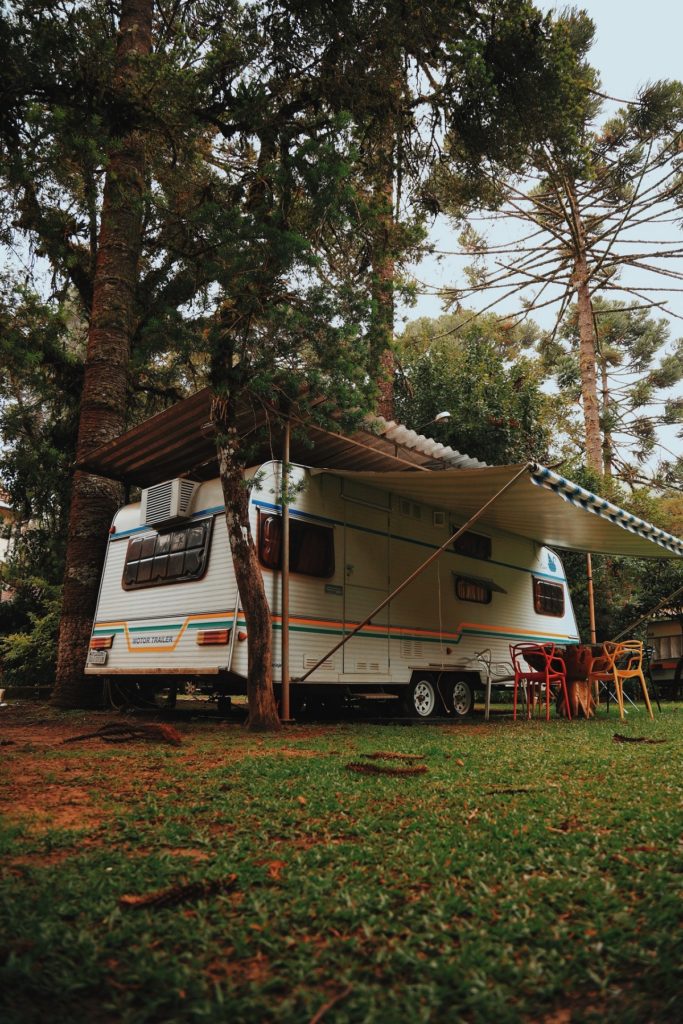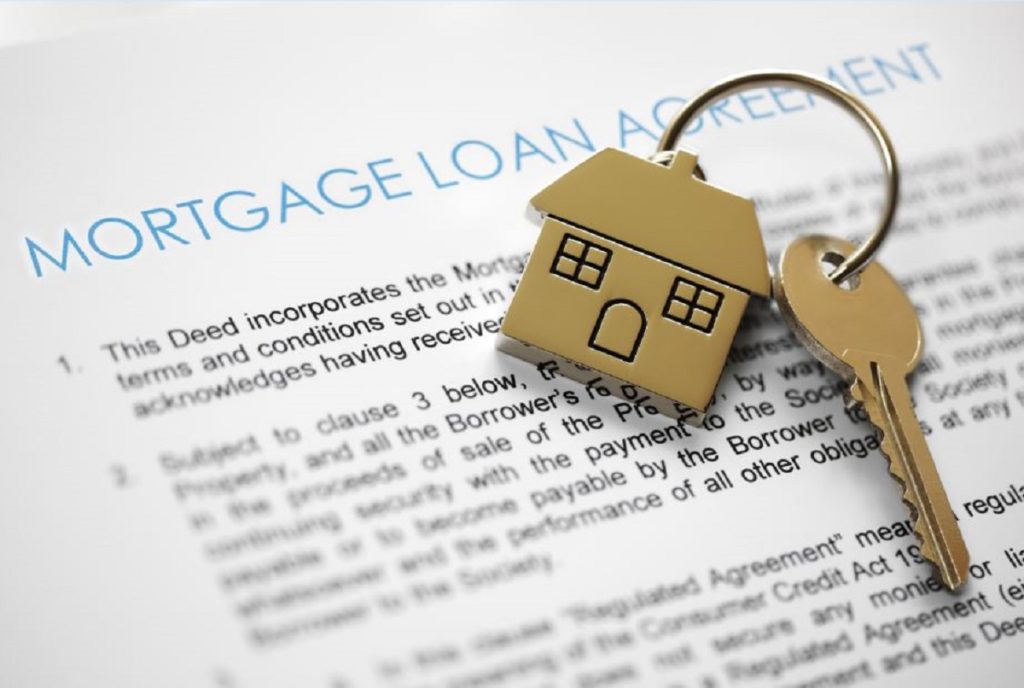Humanity is always driven by their goals and aspirations in life, which means that they often make it their life’s purpose to achieve their goals. Among these goals include starting a family, becoming successful in their chosen careers, and becoming proud homeowners.
Of the three usual goals mentioned, the last one—homeownership—can be the most elusive. This is because most people who aspire to become homeowners may have difficulties realizing their goals due to their financial situations. The usual dream of owning a two-story house with a white picket fence can be an expensive one.
That’s why many people choose to rent homes or apartments while they are saving up to afford their future homes. But homeownership isn’t limited to the stereotypical and traditionally-built houses often found in suburban neighborhoods. A home can be a boat, a trailer, or even one built inside a factory.
What Is a Mobile Home?
Despite the usual connotation of mobile being one that can easily be transported, mobile homes aren’t houses on wheels. When people hear the term “mobile home,” the images of trailers, RVs, or campers are what will automatically pop into their minds.
But while mobile homes can be transported to and from locations, it can be challenging to do so because of the structure’s nature. In essence, mobile homes are houses that are completely built inside factories before being transported to their permanent or semi-permanent locations.
These manufactured homes can be seen on private properties, mobile home parks, or even subdivisions. While it can be confusing to differentiate a mobile and traditional home because of their similarities, their main defining characteristic is that the latter housing option is built on-site.
Owners of manufactured homes also have the option to insure their property against unforeseeable circumstances. With mobile home coverage, they can receive compensation for damages to their dwelling, belongings, and structures, as well as if their personal liabilities.
Why Is It a Cheaper Alternative to Traditional Homes?
This begs the question, if mobile homes are so similar to traditional houses, what makes them a cheaper alternative to renting or even homeownership? For starters, homeownership can save you money in the long run because you’re spending money for a property that will eventually become yours.
Renting can be a great option if you don’t plan to spend a long time in one place, and it’s cheaper because you’re only paying for the costs of your stay, which doesn’t include the costs of maintenance for the property. But if you’re planning to stay long-term, then you’re actually paying for someone else’s property.

This means that spending on the upfront costs of your own home can be more practical in the long run. There is an assurance that the property is truly yours. And mobile homes are a cheaper alternative because they cost less to build than what average people spend on traditional houses.
For instance, a homeowner will have to pay for all the expenses that come with building a traditional on-site house, including labor, site work inspections, foundations, and exterior and interior finishes. The cost of on-site construction alone can easily rise to hundreds of thousands of dollars.
However, manufactured homes are built to a standard set by the U.S. Department of Housing and Urban Development. This means that if you were to buy one, your home is already up to the code for the heating and air conditioning systems, fire safety, plumbing, structural design, construction, and energy efficiency, to name a few.
How Is a Mobile Home Eco-friendly?
Another reason to consider owning a mobile home is that it’s a more sustainable approach to homeownership. The process of creating manufactured homes is designed to produce less waste and minimize the impacts on the environment compared to building on-site houses.
All manufactured homes are engineered to withstand the weather conditions in the location where they are being sold, which means that owners won’t have to worry about their safety during natural calamities; unless, of course, there are emergency alerts that tell them otherwise.
In addition to that, mobile homes are built in factories and transported to their permanent location as a complete house. This is more energy-efficient and cost-effective than having to repeatedly transport raw materials to and from the site over the duration of the house’s construction.
If you want a housing option that allows you to become a homeowner at an affordable price, then you should consider purchasing a mobile home. This will give you all the benefits of being a homeowner, but without the expensive costs of traditionally-built houses.



